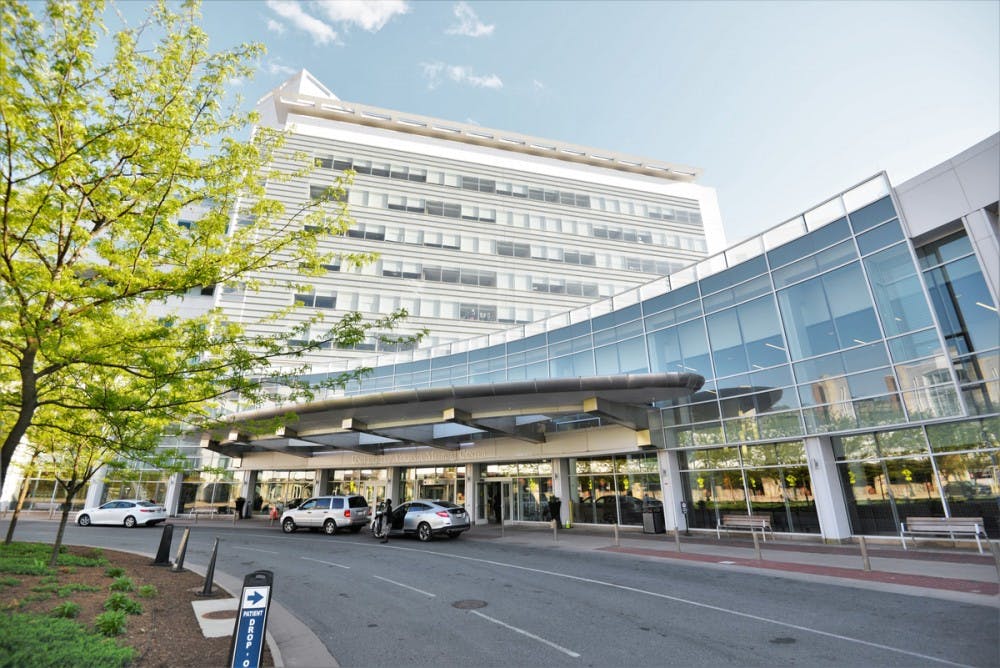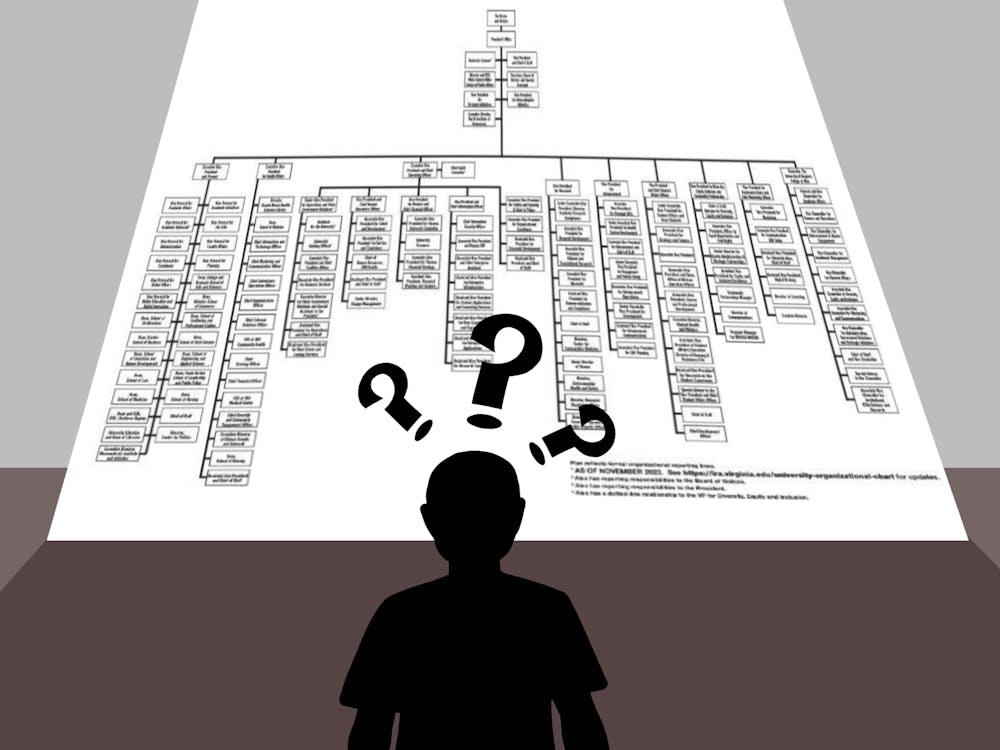As artificial intelligence embeds itself into the world of medicine, engineers begin to think like doctors, and doctors like engineers, ultimately coupling professional insights in an unparalleled capacity. Funded in mid-2017 with grants from the University, the new Center for Engineering in Medicine combines these formerly separate worlds into one on Grounds. A budding partnership between the medical and IT industries is inevitable within this context of rapid innovation and advancing technology and should be a cause for celebration. In order to keep the University in a position “as a paradigm shifter in healthcare” as well as in one to substantiate life-altering ideas, the University should dedicate a significant amount of funding towards this center.
When it comes to medical innovation, artificial intelligence has the potential to transform health care, especially as it relates to improving our understanding, diagnosis and subsequent treatment of disease — this is why the Center for Engineering in Medicine was created, and what it seeks to uncover with its research projects. For example, engineering professors John Lach and Daniel Quinn and asthma physician Dr. Larry Borish are currently working on an innovative sensor system to help prematurely detect impending asthma attacks. Quinn refers to this collaborative effort as next level engineering — “We engineers understand the technologies, and the doctor understands the physiology. We work together to understand each other’s perspective on the problem, and then we use those insights to find solutions.” Scientists are moving away from hatching ideas individually behind closed lab doors — this center is a testament to this progressive and transparent movement to the foreground of scientific discovery.
In the world of artificial intelligence, blockchain is a hot topic, and its relevance to medicine cannot go unnoticed. Blockchain relies on the development of a decentralized system, coded in a way that protects any data altercation as it is distributed. This technology has major implications for healthcare — this type of encryption can secure patients’ health data. Further, managing data with blockchain enables optimal sharing capabilities, correlating to a “higher probability of accurate diagnoses, more effective treatments, and the overall increased ability of healthcare organizations to deliver cost-effective care.” The center offers a great platform off of which this new technology can be tested, evaluated and implemented for the purposes of ensuring accuracy, quality assurance and an overall more positive experience with medicine.
This interdisciplinary collaboration validates the transformative power of artificial intelligence and technology in relation to the future of medicine and healthcare. Several of the center’s current projects mirror the scope of healthcare issues that Founding Director Jeff Holmes and his colleagues are eager to tackle. These projects cover research on technology related to implantable sensors and patient monitoring, cardiovascular medicine and computational engineering, big data for predictive medicine, regenerative medicine and immunology and nanoengineering. The solution to ensure that these initiatives grow unhindered is to provide “seed funding to help teams develop initial prototypes and preliminary data needed to secure external funding.”
In that vein, it is imperative that the University takes the steps necessary to allot more money from the University’s Strategic Investment Fund to the center’s seed grant program. In June 2017, the SIF board recommended and transferred $5 million to the center. While this is a large sum of money, in relation to the $36,440,006 the fund had in totality by June 2017, there is room for improvement in regards to distribution equality. $10 million went to the College and Graduate School of Arts & Sciences Democracy Initiative, speaking to the fact that other programs are receiving disproportionately more funding.
The center has plans to launch 70 exploratory research projects over the next five years, leveraging the intersection between engineering and medicine. As the Board of Visitors considers future SIF requests, Board members should seriously consider committing more money to the center, ultimately expressing their overwhelming support to combining the worlds of artificial intelligence and engineering with medicine.
Lucy Siegel is an Opinion Columnist for The Cavalier Daily and was the 128th Opinion Editor. She can be reached at l.siegel@cavalierdaily.com.





